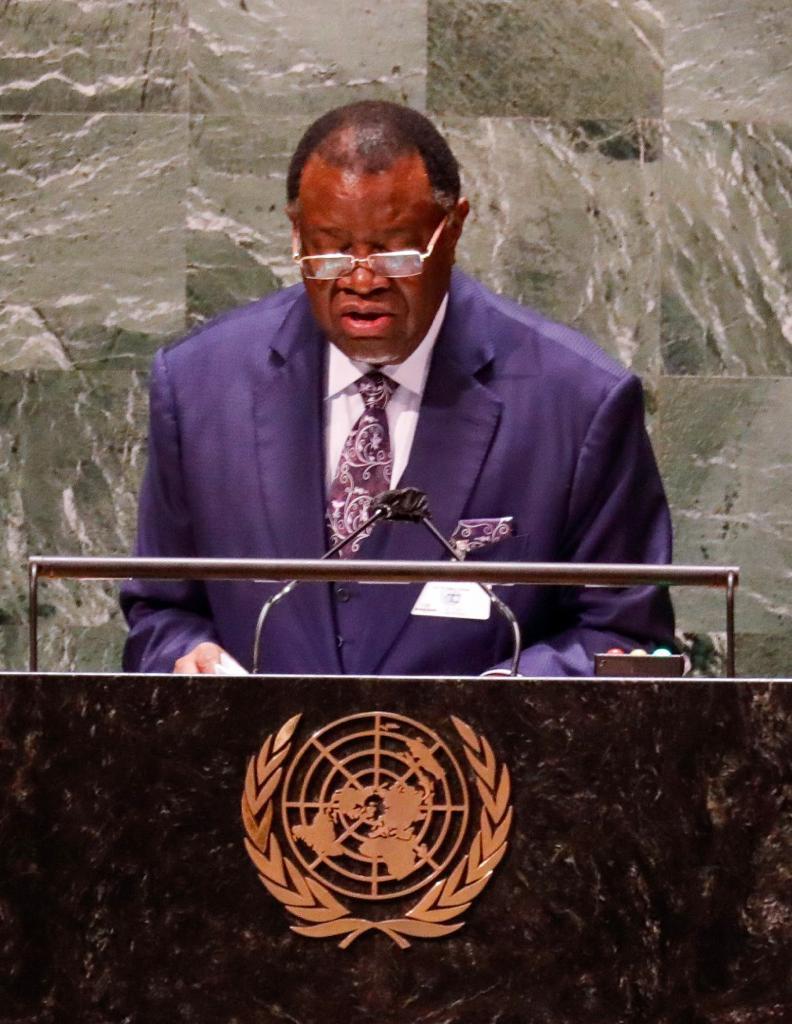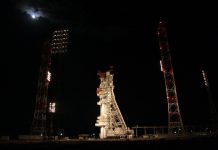Africa-Press – Namibia. DEVELOPING countries will require the support of the international community in order to have access to appropriate new technology to allow them to preserve food and increase productivity and production.
Speaking yesterday at the 2021 United Nations Food System Summit in the United States, Namibian President Hage Geingob said as the impact of climate change becomes more profound, which among others includes severe periods of drought, food production systems are seriously affected especially in developing countries. Thus, he added, designing and implementing resilient agricultural practices to increase productivity and production are inevitable.
“In order to support post Covid-19 recovery while simultaneously preserving our food systems, it is crucial that we protect our environments, including oceans by enhancing the conservation and sustainable use of oceans and their resources. This means implementing international law as reflected in the United Nations Convention on the Law of the Sea,“ he said, adding that in this regard, developing countries such as Namibia will need to mobilize resources from a variety of sources including through enhanced development cooperation in order to provide adequate and predictable means of financial support.
According to Geingob, preserving food systems should also include restoring degraded land and combatting desertification. He said that this is pertinent since land restoration does not only promote sustainable use of land but also avails more productive land for food production.
“Agricultural productivity and income cannot be increased without equal access to land. To this extent, the Namibian Government continues to prioritize land redistribution. To date, many Namibians have been resettled as part of our strategy to correct the ills of the past when many of our citizens were not only excluded from participating in economic activities, but also dispossessed of their land. However, this alone is not enough. Capacity building, financial support and opportunities for value addition are needed for all countries to realise their agricultural potential,” said Geingob.
Namibia’s head of state encouraged leaders present to seize the moment to hold hands and pull in the same direction to leave a positive and long-lasting impact on humanity.
“When humanity faces the monumental challenges of disease, poverty and climate change, only unity of purpose will enable us to prevail. As our most reliable source of hope for a peaceful, secure and safe world, the United Nations offers us a strategic platform to ensure that we are able to provide peace for all, safety for all and food for all,” he said.
Geingob lastly thanked the UN Secretary-General for convening the Food System Summit, which brings together a diversity of stakeholders to share ideas, solutions, action plans and forge partnerships that aim to build a future that is secure, safe and fair for all.






